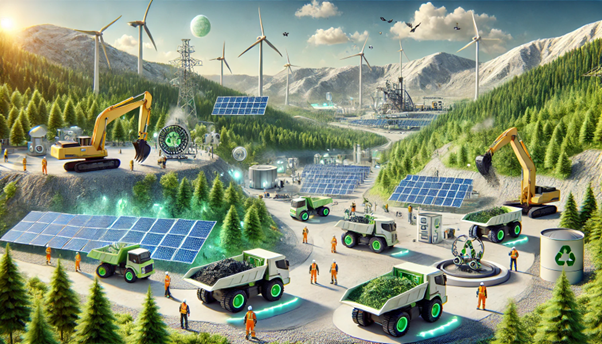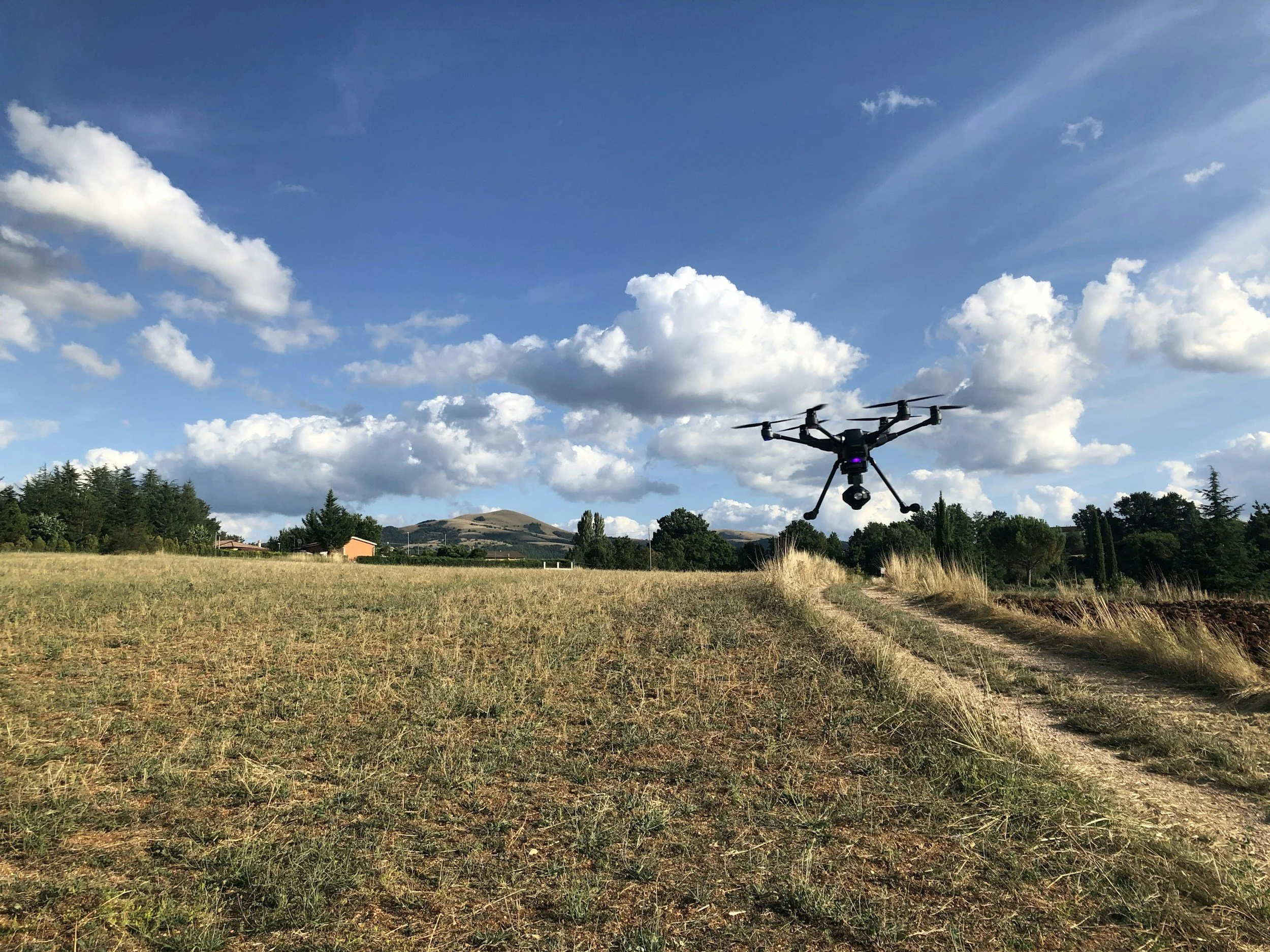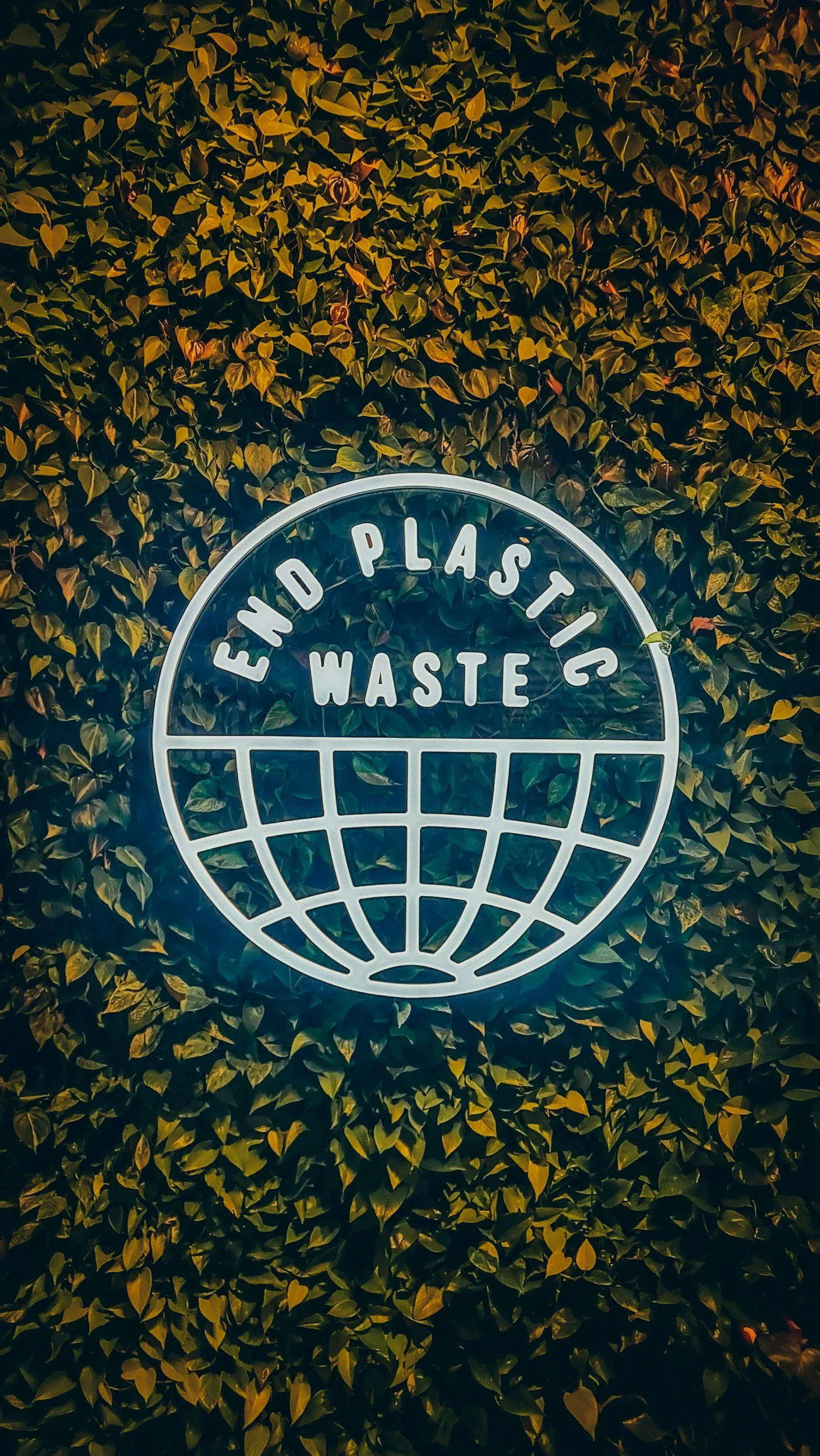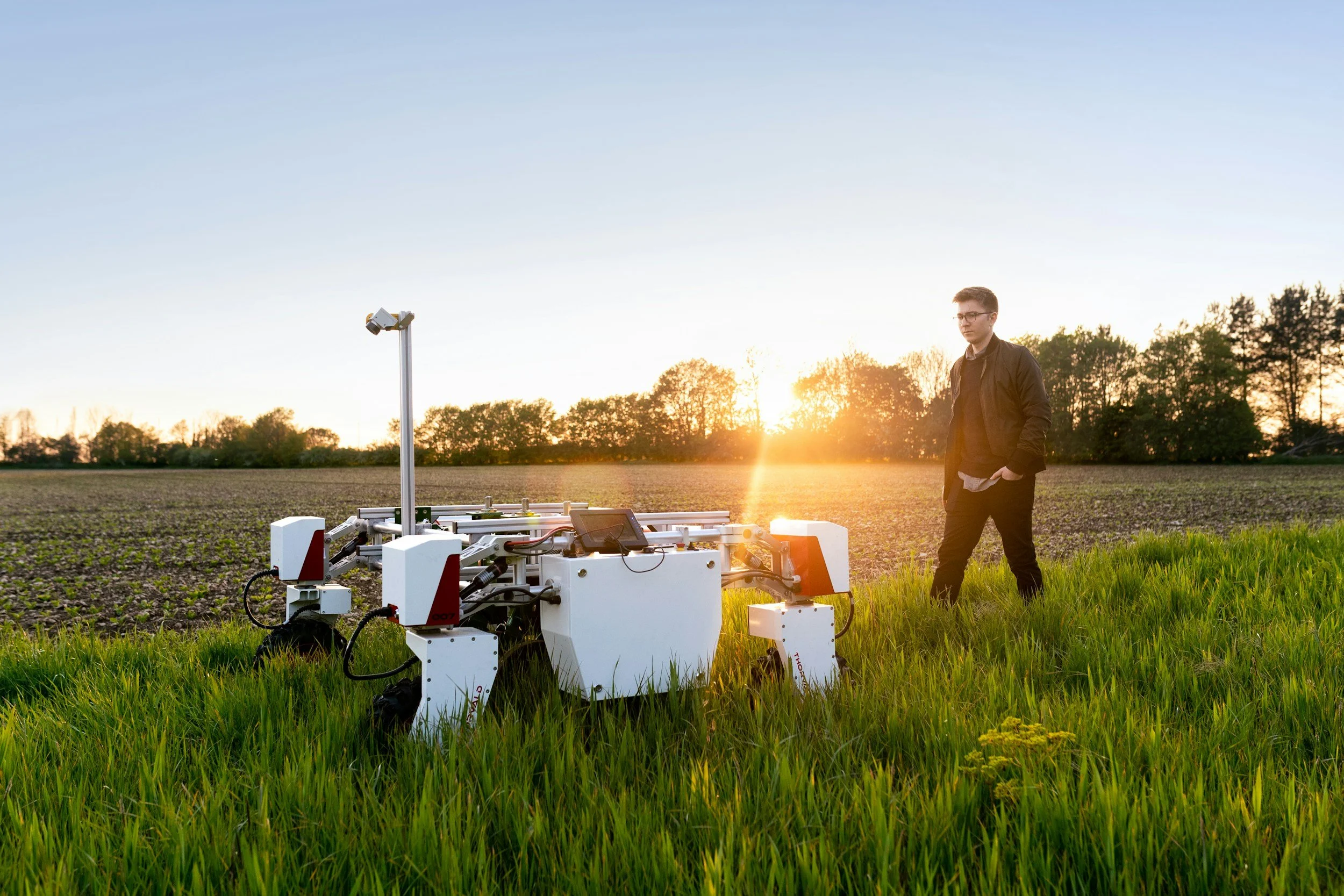Waste Not, Want Not: A Global Perspective on the Challenges and Solutions in Waste Management
/Waste management refers to the processes and strategies used to handle, collect, transport, treat, and dispose of waste. The current state of global waste management is concerning, with the amount of waste generated increasing at an alarming rate. The United Nations Environment Programme (UNEP) estimates that the world generates 2.01 billion tons of municipal solid waste annually, which is expected to increase to 3.40 billion tons by 2050. This article explores some of the ongoing challenges and current solutions in waste management, case studies from different sectors, and future directions to achieve sustainable waste management.
Challenges in Waste Management
The ongoing challenges in waste management are diverse and multifaceted. One of the primary challenges is the growing amount of waste generation. Rapid population growth, urbanization, and industrialization are the main reasons for the increasing amount of waste.
In many low- and middle-income countries, waste management infrastructure is inadequate, and waste is often dumped in open spaces or landfills, which poses a significant health risk. Poor waste management practices such as open dumping, landfilling, and incineration contribute to environmental pollution and public health risks. Inefficient waste collection and disposal systems, lack of public awareness and participation, and legal and regulatory barriers also pose challenges in waste management.
Solutions for Sustainable Waste Management
To achieve sustainable waste management, it is crucial to adopt a "Reduce, Reuse, Recycle" approach. This approach aims to reduce the amount of waste generated, reuse materials, and recycle materials that cannot be reused. One current strategy that can be expanded is reducing food waste through composting or donating excess food to those in need. This can significantly reduce the amount of waste generated.
Integrated waste management systems that incorporate different waste management strategies such as source reduction, recycling, and composting are also effective in achieving sustainable waste management. For example, cities can implement "Zero Waste" programs that aim to divert waste from landfills and incinerators by promoting waste reduction, recycling, and composting. Technological innovations in waste management, such as smart bins and waste-to-energy technologies, are also effective solutions for sustainable waste management. Public participation and awareness campaigns, Extended Producer Responsibility (EPR), and policies and regulations to promote sustainable waste management practices are other solutions to tacking this problem.
Waste Management in Various Sectors: Case Studies
Hospitals: Best Practices in Medical Waste Management
Hospitals generate a significant amount of medical waste, which requires proper handling and disposal. Best practices in medical waste management include segregation of waste at the source, safe storage and handling of waste, and proper treatment and medical waste disposal. Segregation of waste at the source involves separating infectious waste, sharps waste, chemical waste, and general waste into different containers. Safe storage and handling of waste involve using leak-proof and puncture-resistant containers and transporting waste to treatment facilities in a safe and secure manner. Proper treatment and disposal of waste involve using appropriate technologies, such as autoclaves or microwaves to treat infectious waste and ensuring that the remaining waste is disposed of safely and in compliance with relevant regulations.
Households and Kitchens: Strategies for Reducing Food Waste
Food waste is a significant contributor to waste generation, and households and kitchens are the primary sources of food waste.
Strategies for reducing food waste include meal planning, proper food storage, and composting. Meal planning involves planning meals in advance, purchasing only the necessary ingredients, and using leftovers for subsequent meals. Proper food storage, such as using airtight containers and storing food at the right temperature, also helps to reduce food waste. Composting is an effective way to reduce food waste and produce nutrient-rich soil for gardening. Composting can be done at home by collecting fruit and vegetable scraps, coffee grounds, and eggshells and composting them in a compost bin or pile. Community composting programs are also available in some areas, where residents can drop off their food waste for composting.
Industries: Innovative Solutions for Industrial Waste Management
Industries generate a significant amount of waste, including hazardous waste and non-hazardous waste. Innovative solutions for industrial waste management include waste minimization, waste-to-energy, and industrial symbiosis. Waste minimization aims to reduce the amount of waste generated by industries through process optimization, material substitution, and pollution prevention. For example, industries can adopt green chemistry principles to develop products that use fewer hazardous materials and generate less waste. Waste-to-energy technologies such as incineration and gasification convert waste into energy, which can be used for heating and electricity generation. Industrial symbiosis is a collaborative approach where industries exchange waste streams and byproducts, which can be used as raw materials for other industries. For example, a paper mill may exchange its wastewater with a nearby ethanol plant, which uses the wastewater as a source of nutrients for its fermentation process.
Future Directions in Waste Management
To achieve sustainable waste management, the future direction is towards a circular economy and resource efficiency. A circular economy aims to keep resources in use for as long as possible and minimize waste generation. Decentralized waste management systems, such as community composting and decentralized waste-to-energy, can reduce the environmental impact of waste management and provide local economic opportunities.
Artificial intelligence and big data analytics can also be used to improve waste management operations and provide insights into waste generation patterns and trends. Sustainable materials management, which includes designing products for recyclability, is another future direction in waste management. This involves designing products with end-of-life considerations in mind, such as making them easy to disassemble and recycle.
Conclusion
Waste management is a critical issue that requires a comprehensive approach. The challenges of waste management are significant, but the solutions are available. The "Reduce, Reuse, Recycle" approach, integrated waste management systems, technological innovations, public participation and awareness, EPR, and policies and regulations are effective solutions for achieving sustainable waste management. Case studies from various sectors, such as hospitals, households and kitchens, and industries, demonstrate that sustainable waste management practices are achievable.
The future direction in waste management is towards a circular economy, resource efficiency, and sustainable materials management. Sustainable waste management is essential for the planet and future generations, and it is the responsibility of governments, businesses, and individuals to take action and contribute to a more sustainable future.
About the Author:
Wes Sonnier is the President of BioMedical Waste Solutions and a specialist in OSHA compliance, diseases, infection, and patient safety. He has over 17 years of expertise in sustainable medical waste disposal management.









































